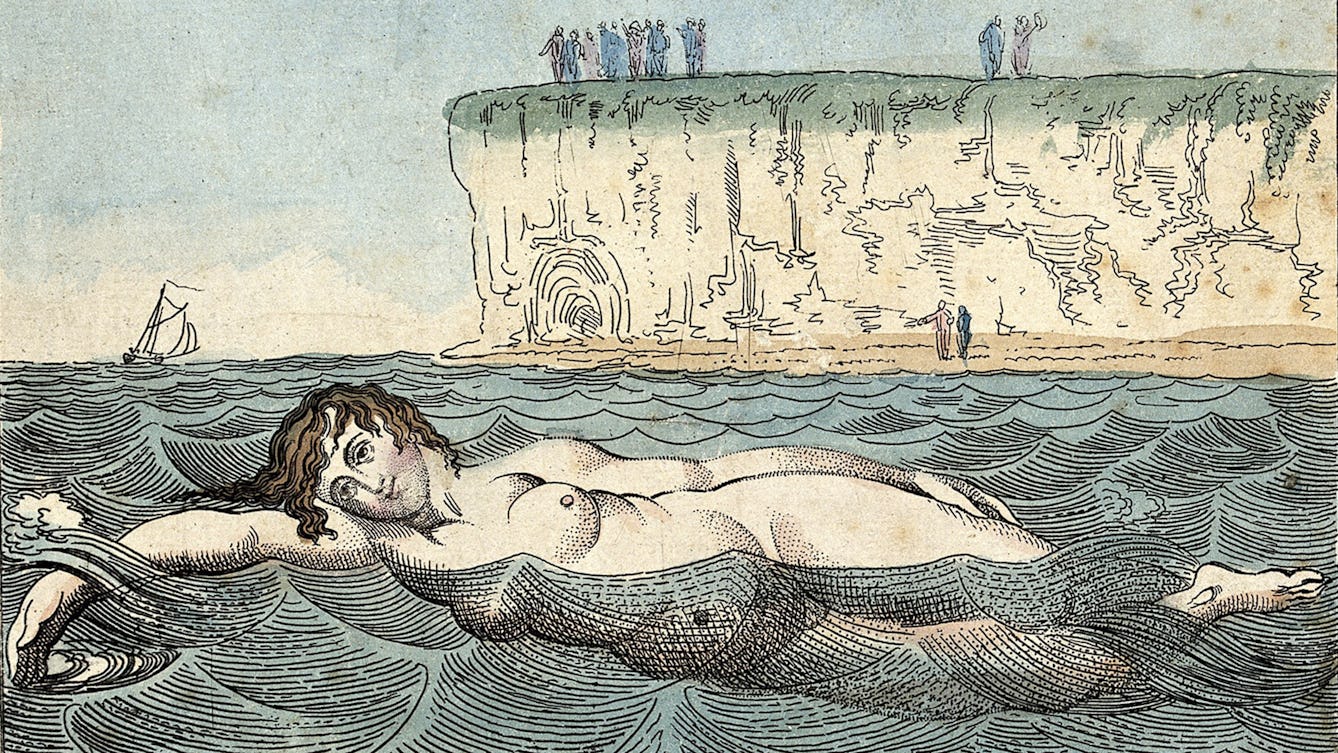
- Article
- Article
Doctors and the English seaside
Fashionable seaside towns in England owe much of their popularity to 18th-century doctors, who advised them to take the 'sea cure'.

- Article
- Article
Can isolation lead to manipulation?
Military-funded researchers wanted to know if isolation techniques could facilitate brainwashing. One neuroscientist suggested that it might improve our own control over our minds.
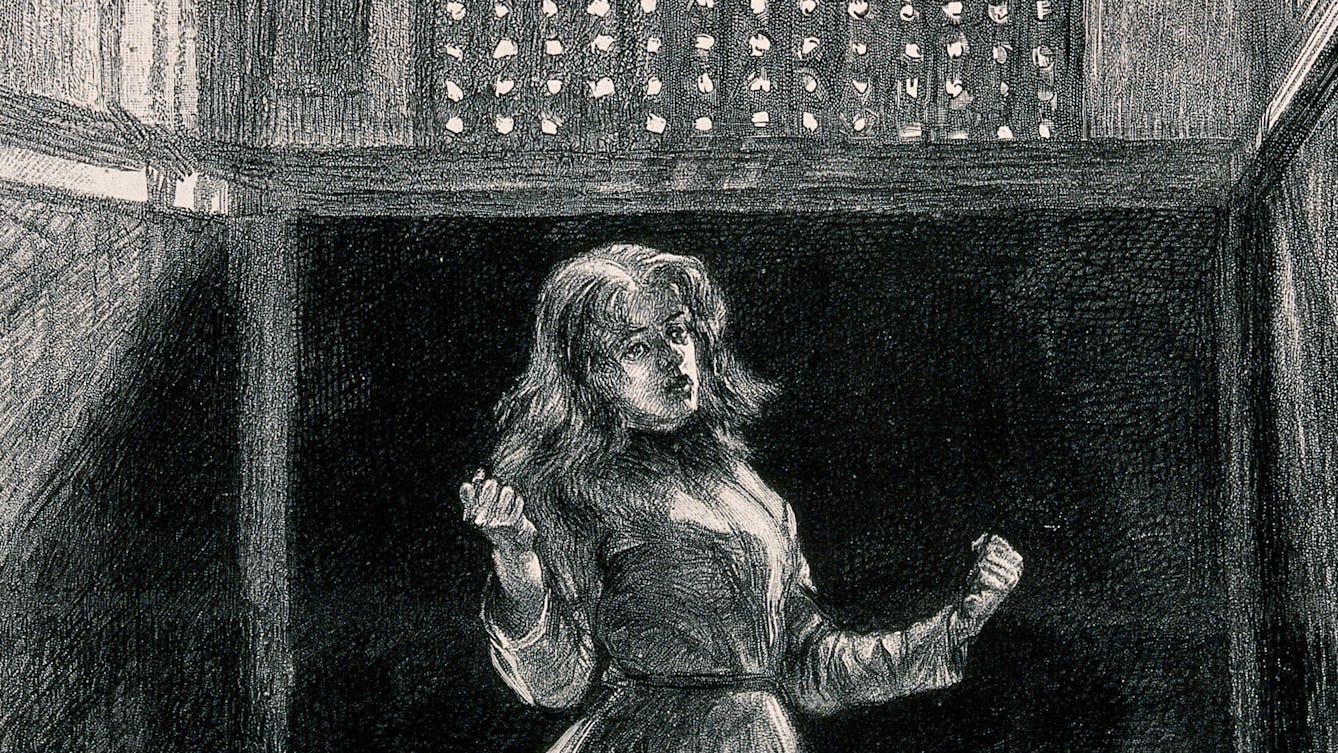
- Article
- Article
Disturbed minds and disruptive bodies
Prison officers tried to regulate women’s minds and bodies and maintain a new disciplinary routine in the second half of the 1800s.
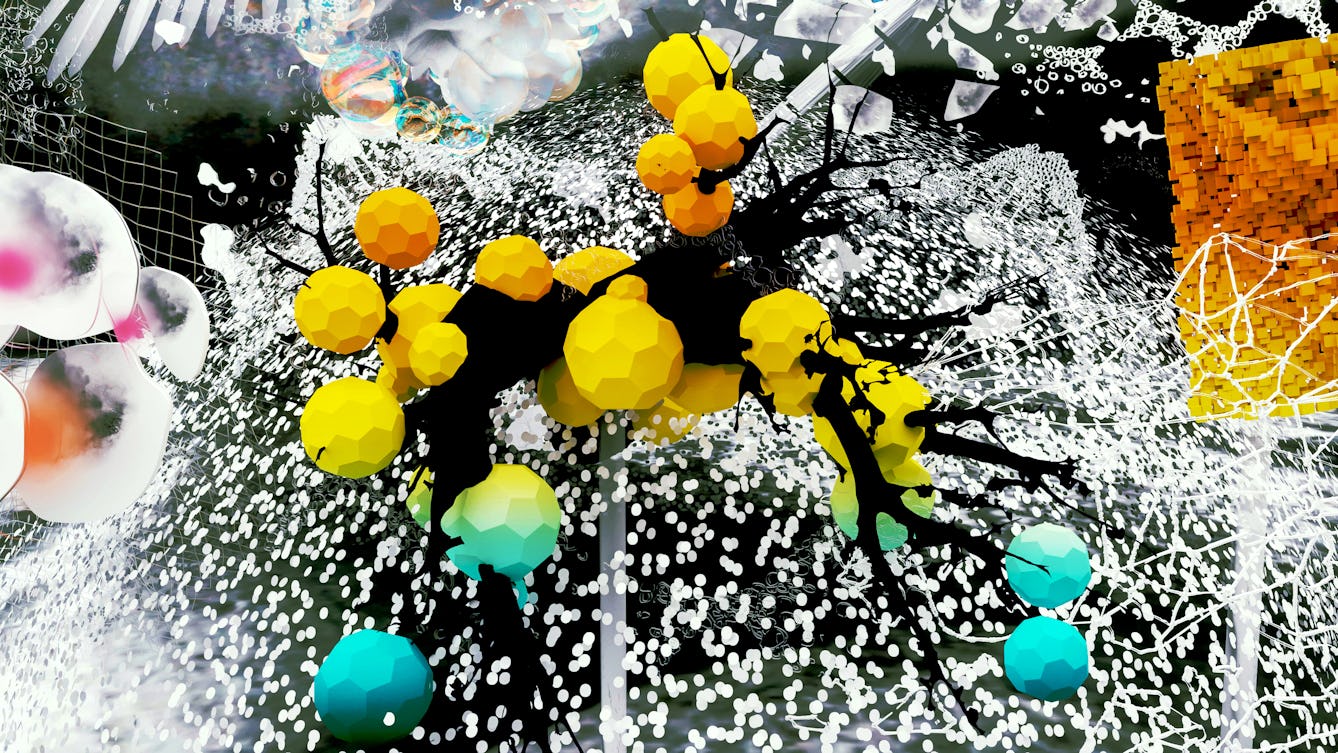
- Article
- Article
Silent threat
As Vanessa Peterson recovered from a frighteningly serious illness, she wondered whether it was linked to air quality. For many communities, she found, pollution is a political issue.
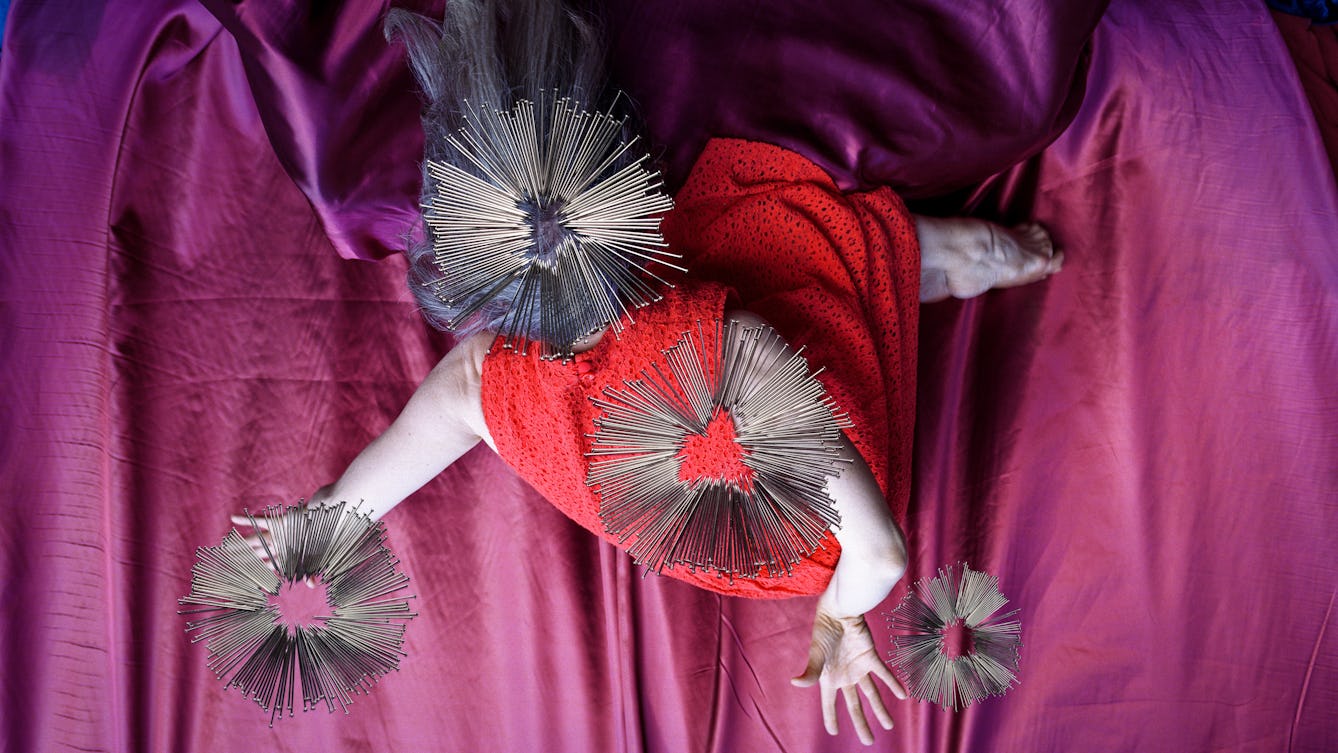
- Article
- Article
Why do victims become violent?
Witnessing both overt violence and coercive control can cause invisible harm to children. But preventing them from repeating that behaviour in the future remains a challenge.

- Article
- Article
Self-obsessing in the age of selfies
The tiny, joyful spark of a social media ‘like’ can lead to a damaging obsession. Find out how far people will go when their phone addiction gets the upper hand.

- Article
- Article
When you can’t return home
Migrants and refugees cannot choose to return home, so homesickness becomes a profound and long-lasting feeling. This powerful force infuses migrant cultures, and is rarely given the serious attention it warrants.

- Article
- Article
Rose Mackenberg’s deceptive activism
Discover how a New York private investigator became part of Houdini’s mission to expose the fraudulent mediums making money from their vulnerable, grieving clients.
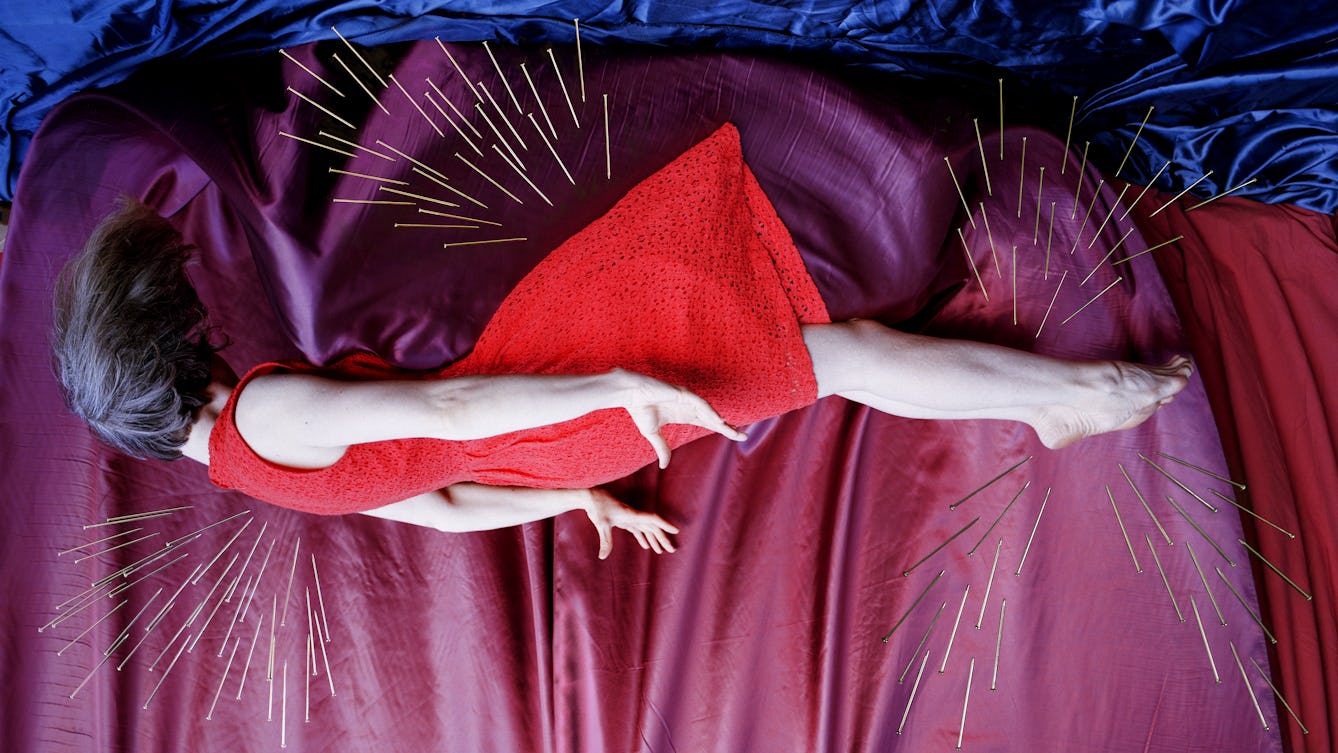
- Article
- Article
What is violence?
Criminologist Laura Bui explores her early understanding of violence and outlines its definition and wider consequences.

- Article
- Article
Deadly doses and the hardest of hard drugs
The invention of the modern hypodermic syringe meant we could get high – or accidentally die – faster than before. Find out how this medical breakthrough was adapted for deadly uses.
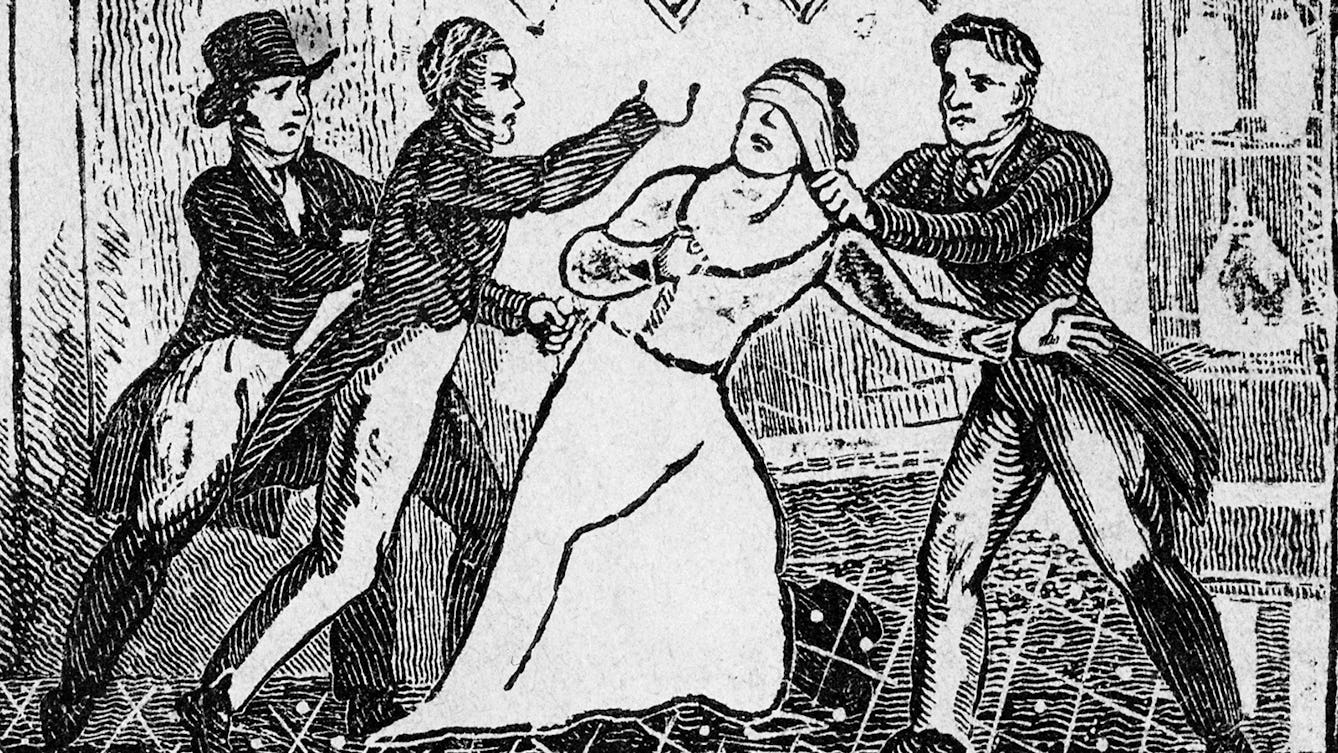
- Article
- Article
The rise and fall of a medical mesmerist
Uncover the fascinating story of the doctor who popularised hypnotism as a medical technique, and could name Dickens among his famous friends.
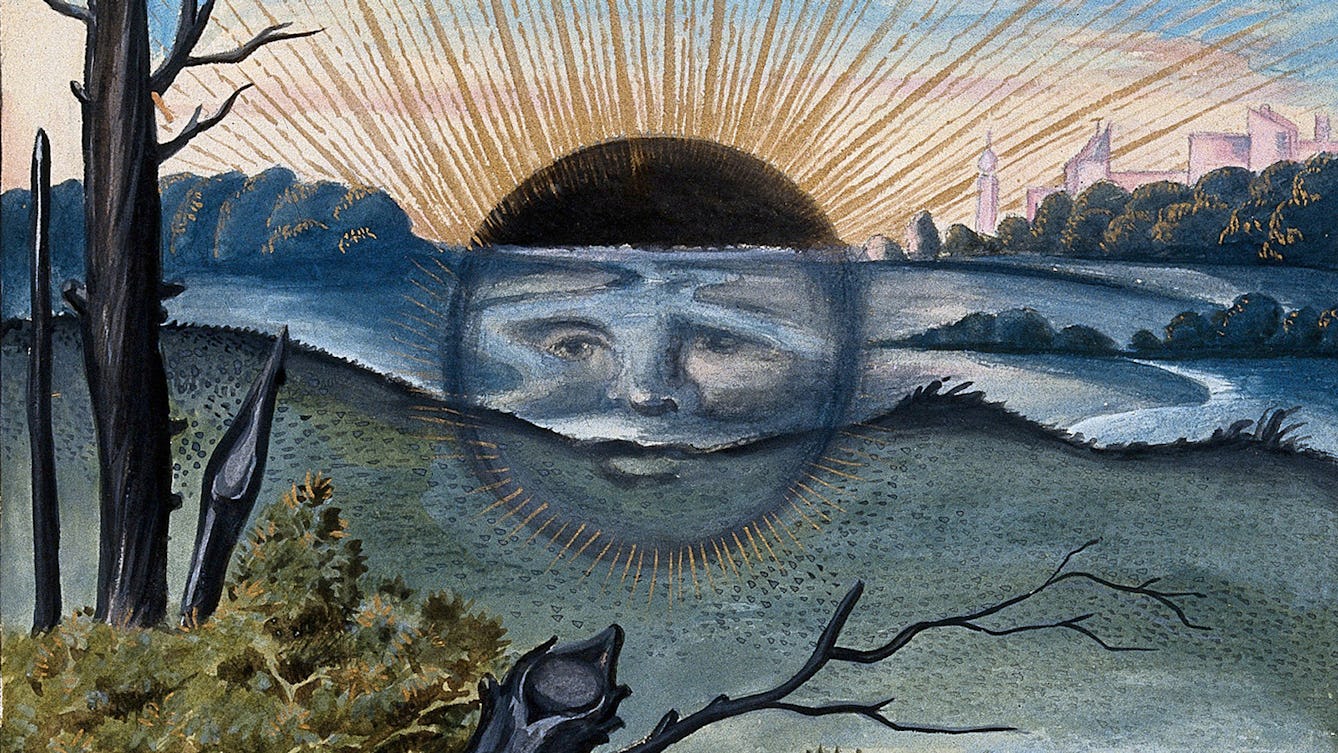
- Book extract
- Book extract
Winter blues and the story of SAD
In ‘Chasing the Sun‘ Linda Geddes reveals why for some people, winter is literally depressing, showing how we first came to recognise seasonal affective disorder (SAD).

- Article
- Article
Rethinking the placebo effect
The placebo effect has long been harnessed for both legitimate and fraudulent use, but we’re only just discovering how and why our bodies respond positively to dummy drugs, as Anjuli Sharma reveals.
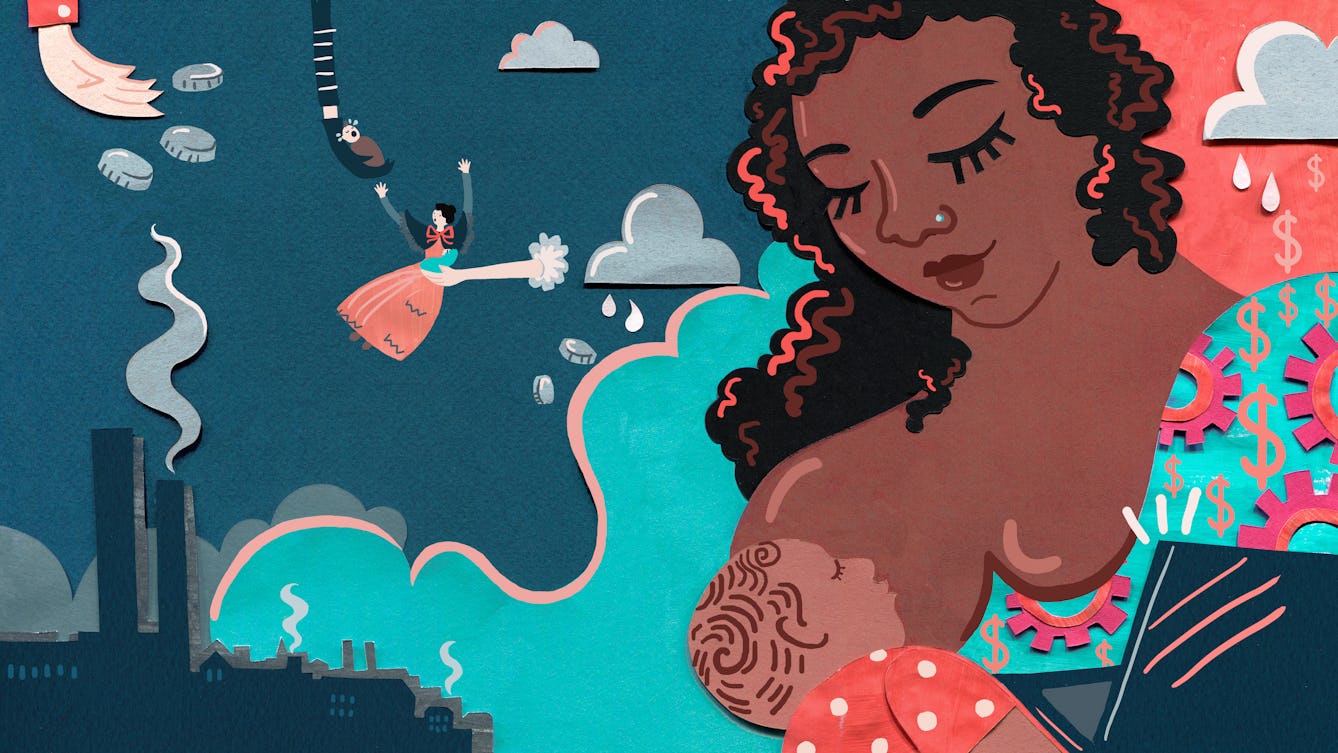
- Article
- Article
The work of wet-nursing
Many of us know that in the past, babies were sometimes nourished by wet-nurses. But, perhaps surprisingly, the practice continues today – and the milk recipients are not only babies.

- Article
- Article
Happy Joy Smile
Drawn from real-life experiences, this short story depicts a character negotiating the UK’s current mental health system. Discover what happens as they encounter waiting lists, sketchy healthcare and punitive government bureaucracy.

- Article
- Article
When the sun goes down
Despite the country’s colonial and industrial dominion, the finest minds of Victorian Britain began to fear the devastating effects of declining natural resources. Even the death of the sun.
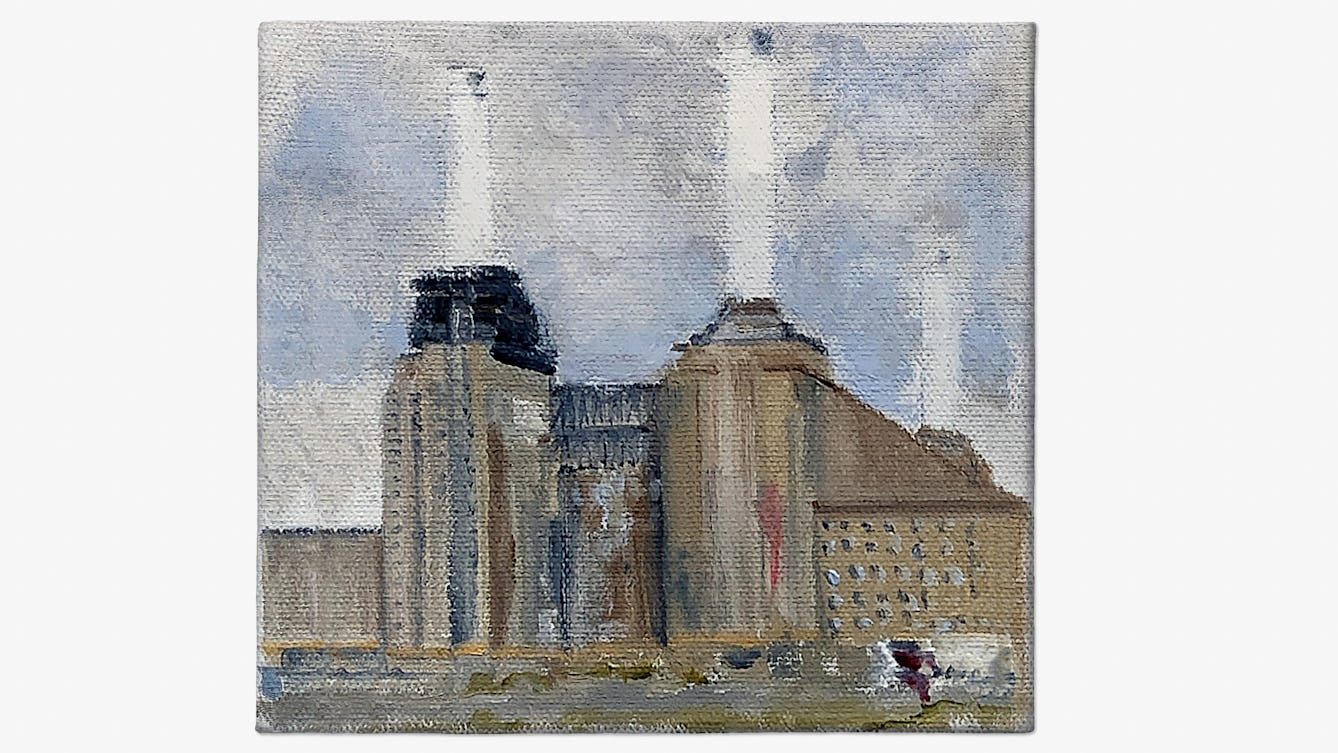
- Article
- Article
People against pollution
Alice Bell reflects on what happens when communities help solve environmental problems, and whether citizen science can help fight industrial pollution today.
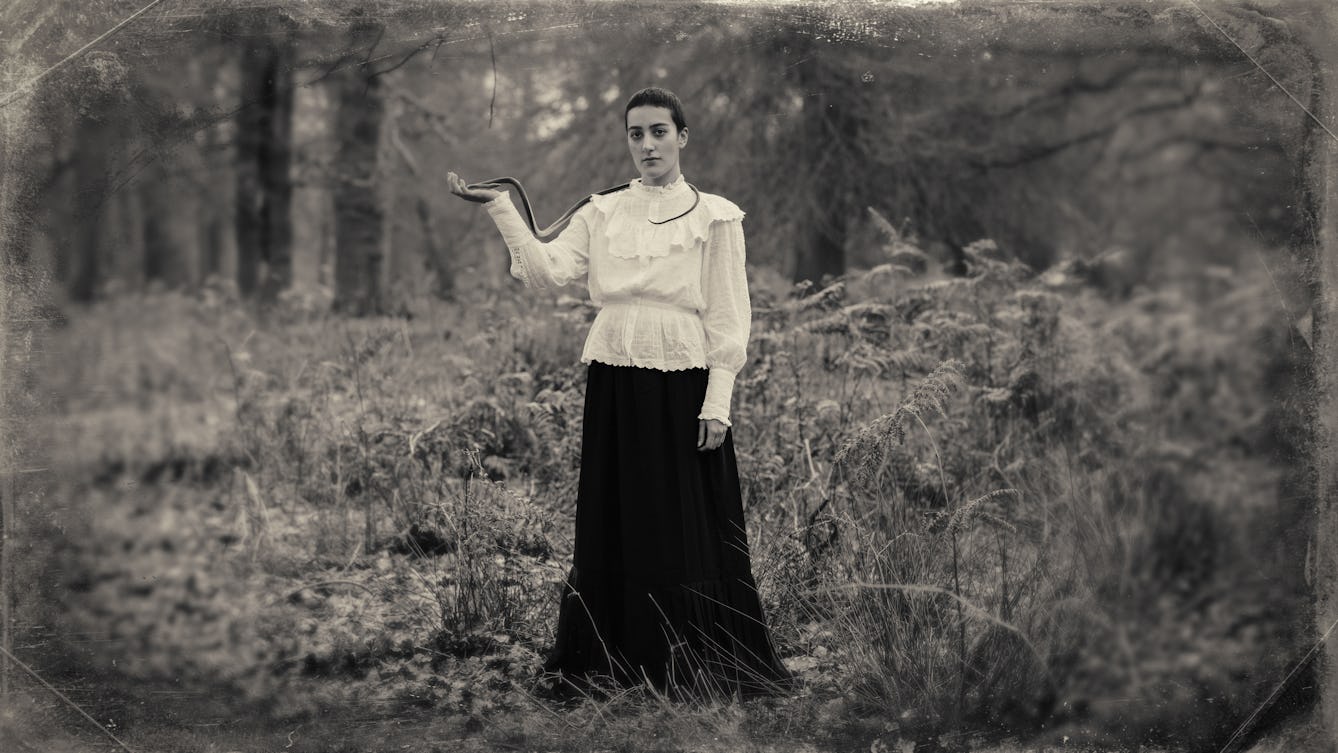
- Article
- Article
The extraordinary body of Evatima Tardo
Darling of 19th-century American freak shows, Evatima Tardo remained serene as she withstood crucifixion and the bites of poisonous snakes. But she took the secret behind her abilities to her grave.
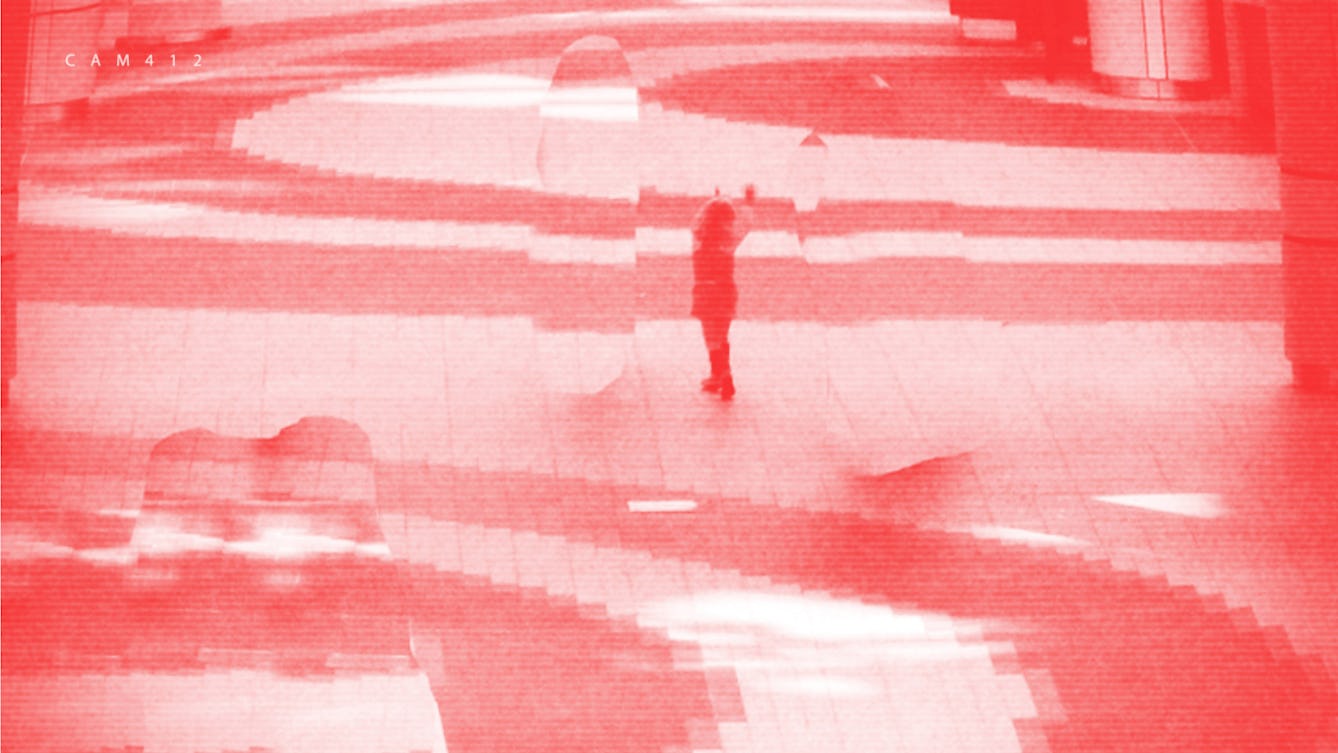
- Article
- Article
Lost in the mall and other false memories
How can you remember an event that never took place? Find out how manipulation, misinformation and coercion can plant false memories in your mind.
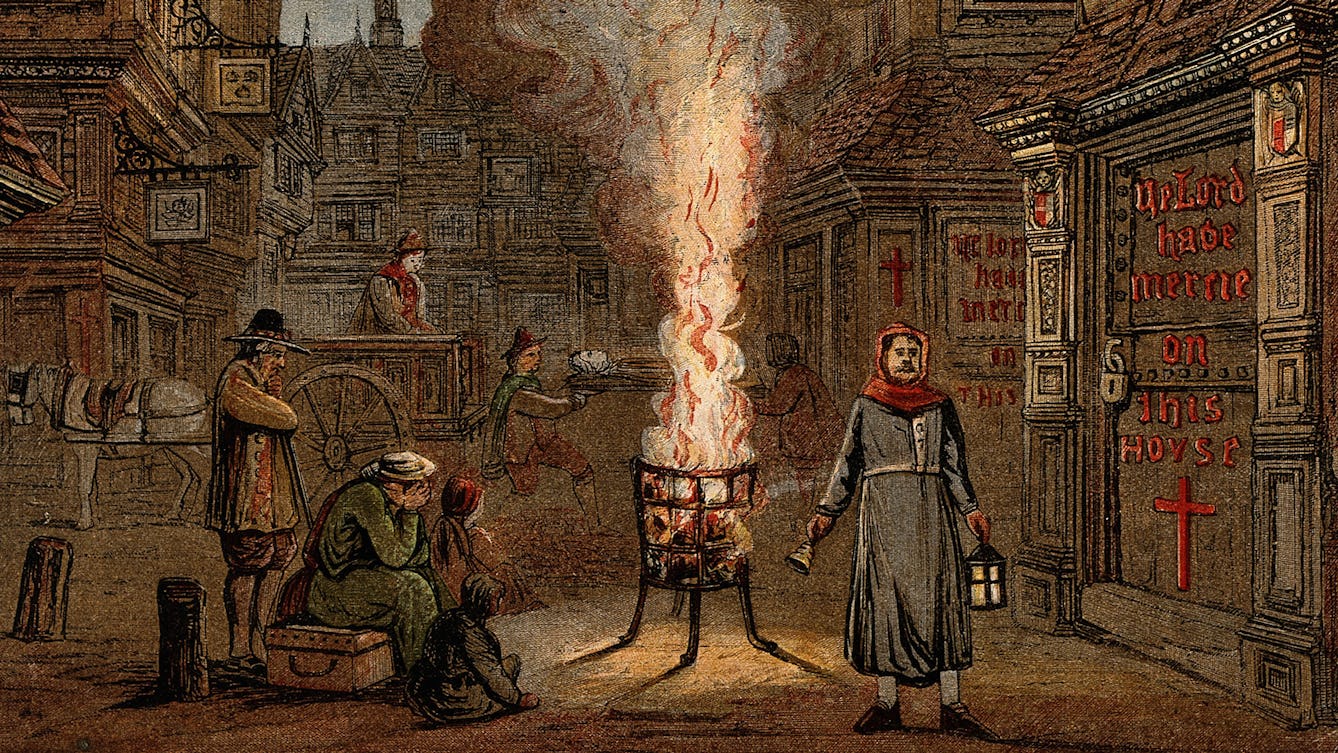
- Article
- Article
The tradesman who confronted the pestilence
The City of London, 1665. As the Great Plague hits the capital, John New faces a deadly dilemma.

- Article
- Article
Diagnosing the past
Historical texts rarely supply enough detail for a definitive diagnosis, so medical historians need to proceed with caution.
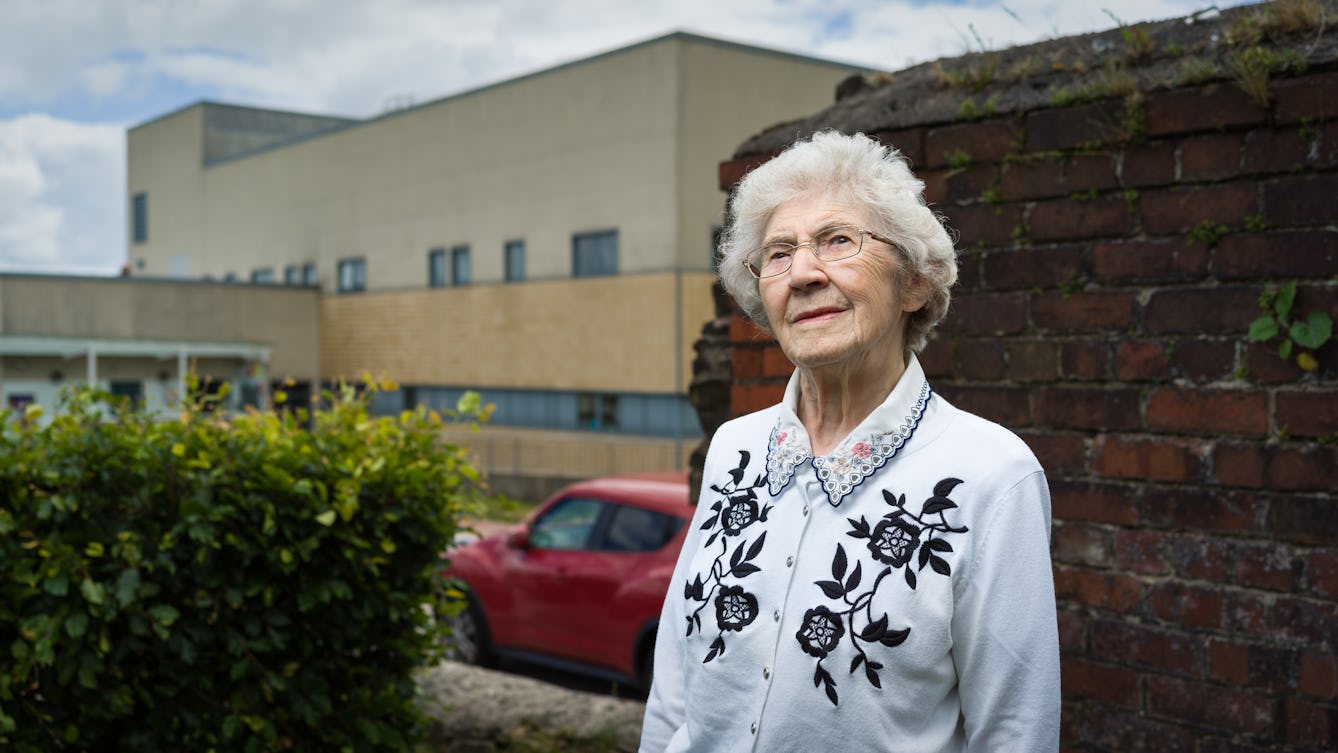
- Article
- Article
The birth of Britain's National Health Service
Starkly unequal access to healthcare gave rise to Nye Bevan’s creation of a truly national health service.
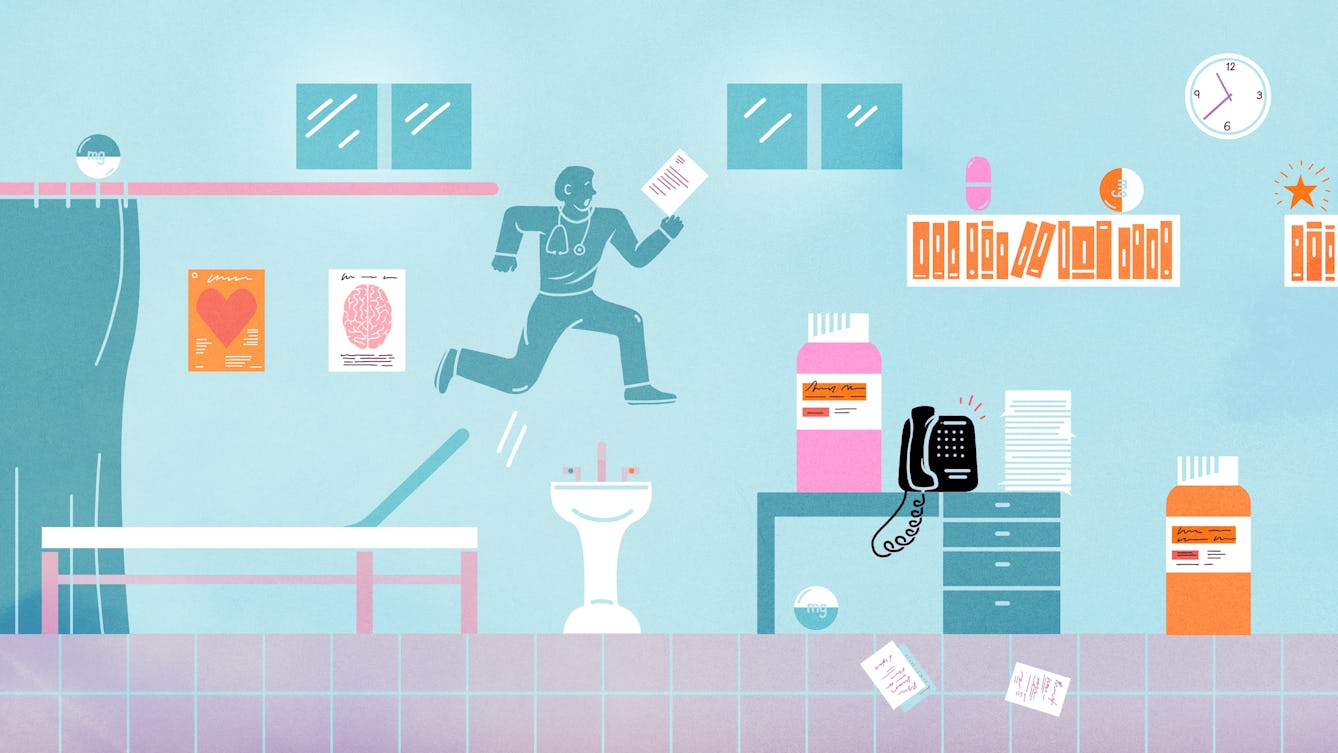
- Article
- Article
Mistakes and perfect medicine
This week our anonymous GP reflects on how a mistake made in a busy, stressful environment could have had serious consequences.
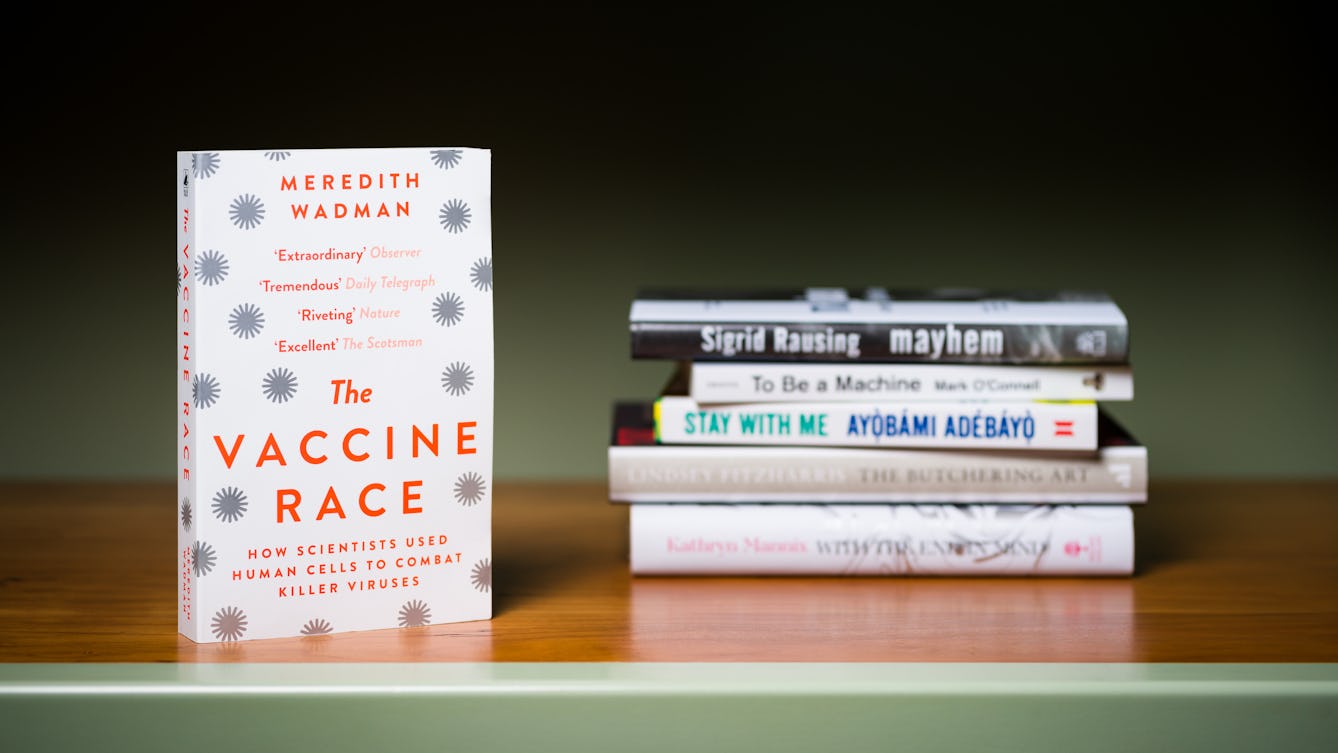
- Article
- Article
Meredith Wadman’s prescription for writing
The Wellcome Book Prize shortlisted author of ‘The Vaccine Race’ answers five questions on health, inspiration and storytelling.

- Article
- Article
Caring for our Disabled daughter in lockdown
Jane Holmes talks about the challenges of caring for her Disabled daughter while working and trying to stay safe during the pandemic.